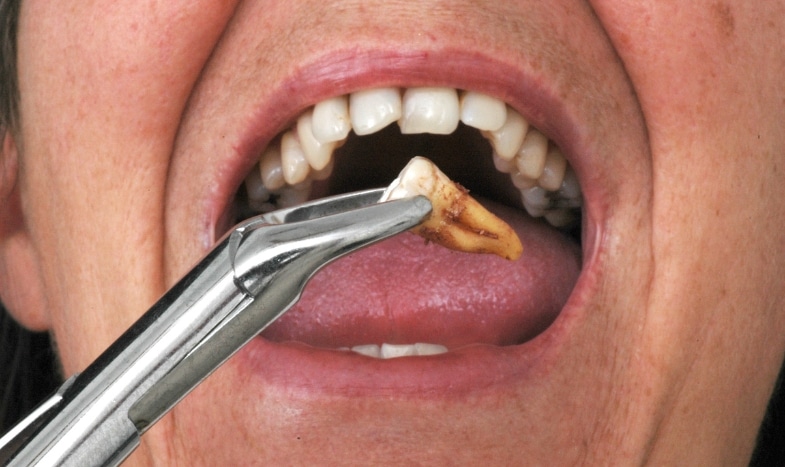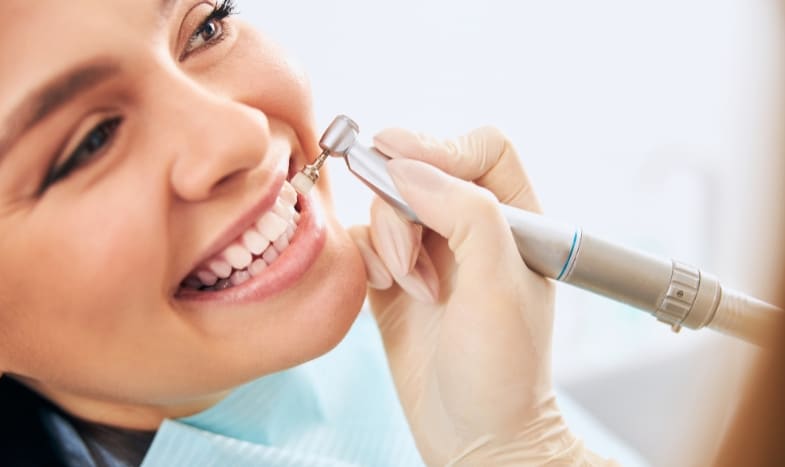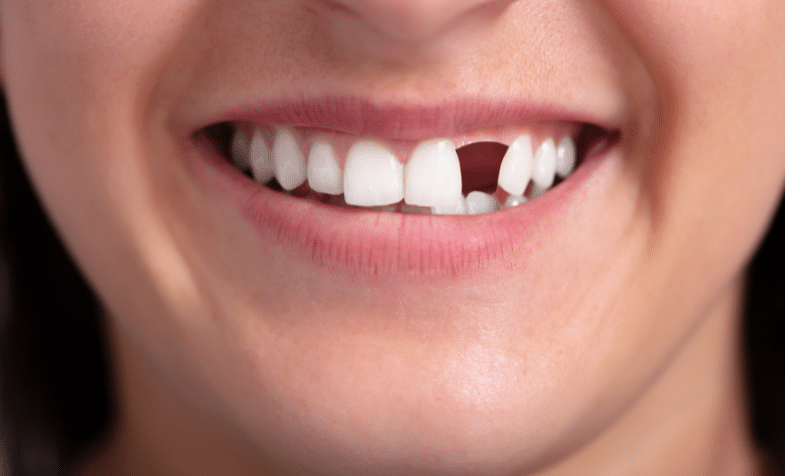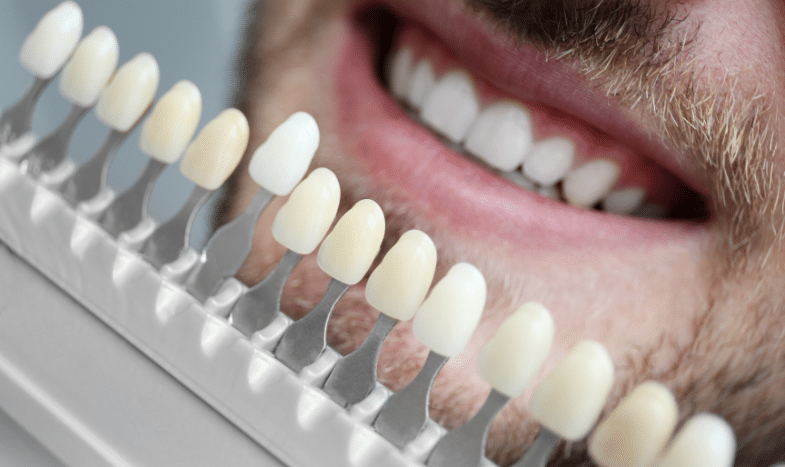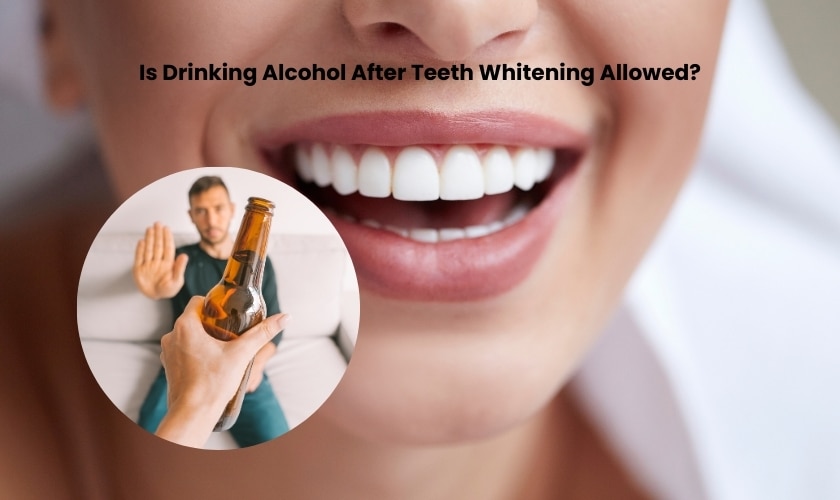
Is Drinking Alcohol After Teeth Whitening Allowed?
Understanding the impact of alcohol on your newly whitened teeth is crucial for maintaining that bright smile. Teeth whitening has become a popular cosmetic dental procedure for achieving a brighter, more radiant smile. However, maintaining that sparkling white smile requires some post-whitening care. One common question that arises is whether drinking alcohol after teeth whitening is allowed. To help you navigate this topic, this guide will explore the effects of alcohol on whitened teeth, provide tips for maintaining your results, and offer a comprehensive understanding of what to expect post-whitening.
Why Alcohol Might Be a Post-Whitening Party Crasher?
Teeth whitening treatments work by using bleaching agents, typically hydrogen peroxide or carbamide peroxide, to remove stains and discoloration from the enamel. The process opens the pores in the enamel, making teeth more susceptible to staining immediately after the treatment. It’s important to note down that this heightened sensitivity is temporary and typically lasts for 24 to 48 hours, during which it is crucial to avoid certain foods and beverages, including alcohol. However, this process can leave your teeth temporarily more porous and susceptible to staining. Alcohol can exacerbate this vulnerability in a few ways:
- Dehydration: Alcoholic drinks are diuretics, meaning they increase urination and can dehydrate your body. This includes your mouth, which relies on saliva to wash away food particles and staining agents. Dehydration can make your teeth appear dull and potentially increase the risk of staining from other beverages.
- Staining Properties: Many alcoholic drinks, especially red wine, coffee liqueurs, and dark beers, contain pigments that can easily stain your newly whitened teeth. The porous enamel readily absorbs these pigments, potentially negating the whitening effects.
- Acidity: Some alcoholic drinks, particularly wines, are acidic. While not as detrimental as dehydration or staining, the acidity can slightly weaken your enamel, making it more susceptible to future staining.
Alcohol Types and Their Impact
- Red Wine: Red wine is particularly harmful post-whitening due to its high acidity and dark color, which can quickly stain teeth.
- White Wine: Although not as dark, white wine is also acidic and can make teeth more prone to staining from other foods and drinks.
- Beer: Dark beers are more likely to stain teeth than lighter varieties, but all beers are slightly acidic.
- Spirits: Clear spirits like vodka and gin are less likely to stain teeth compared to colored liquors, but mixing them with sugary or dark-colored mixers can negate this benefit.
Timeline for Safe Alcohol Consumption
The ideal waiting period before indulging in alcohol after teeth whitening can vary depending on the type of whitening treatment you received and your individual response. Here’s a general timeline to consider:
- 24-48 Hours: This is the most crucial period. Immediately after teeth whitening, your enamel is at its most porous. Avoid alcohol completely during this time to allow your teeth to rehydrate and stabilize.
- 48-72 Hours: After the initial 48 hours, your teeth begin to recover. You can consider clear alcoholic beverages like vodka or gin in moderation. However, it’s still best to limit your intake and rinse your mouth frequently with water after each sip.
- Beyond 72 Hours: Generally, after 72 hours, your teeth should be fully rehydrated and less susceptible to staining. You can gradually resume your usual alcohol consumption habits.
However, remember moderation is key, and always rinse your mouth with water after consuming any beverages that might stain.
Tips for Maintaining Whitened Teeth
- Avoid Alcohol for 48 Hours: To protect your newly whitened teeth, avoid consuming any alcoholic beverages for at least 48 hours after the treatment. This period allows the enamel to rehydrate and the pores to close, reducing the risk of staining.
- Drink Plenty of Water: Water helps rinse away acids and staining agents. Drinking water alongside or immediately after consuming alcohol can mitigate some of the potential damage.
- Use a Straw: If you choose to drink alcohol, using a straw can help minimize contact between the alcohol and your teeth, reducing the risk of staining.
- Practice Good Oral Hygiene: Brush and floss regularly to remove any residual alcohol and food particles. Using a whitening toothpaste can help maintain the brightness of your teeth.
- Avoid Dark and Acidic Foods: In addition to alcohol, avoid other dark-colored and acidic foods and beverages, such as coffee, tea, berries, and tomato sauce, during the first 48 hours.
- Regular Dental Check-Ups: Maintain regular visits to your trusted dentist for professional cleanings and check-ups to ensure your teeth stay healthy and white.
In conclusion, Drinking alcohol after teeth whitening is not recommended due to the heightened sensitivity and susceptibility of your teeth to staining and damage. At least, not immediately after the procedure. The acids and chromogens in alcoholic beverages can easily penetrate the porous enamel, leading to discoloration and diminishing the effects of your whitening treatment. To maintain your bright, white smile, it’s best to avoid alcohol for at least 48 hours post-treatment.

